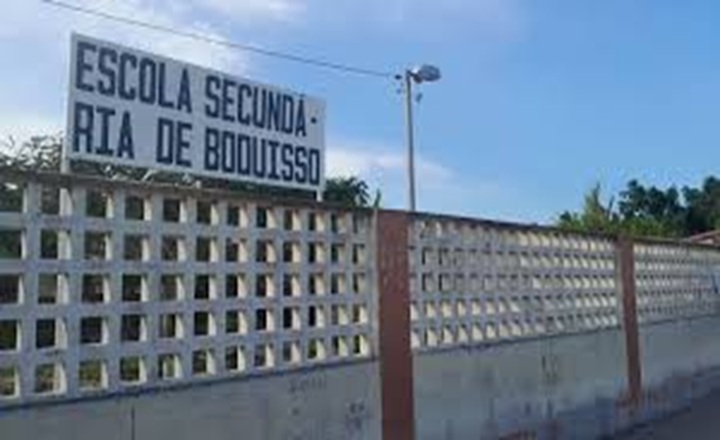
SERNIC: The State Cartel in Mozambique?
.jpg)
When solutions don't appear: guilt cannot die alone
A yellow for Mozambican Justice
The prevalence of kidnappings in Mozambique has generated social unrest and raised profound questions about the actions of the Defence and Security Forces (FDS), in particular the National Criminal Investigation Service (SERNIC). In a country that proclaims itself democratic and a promoter of justice, the recurrence of kidnappings followed by silent negotiations and suspicious enrichment by some agents defies any logic of citizen protection. The question echoing on the streets is simple: why do these crimes continue to occur with such frequency and impunity? Is there any truth to the arguments linking certain elements of the FDS to these practices?
The involvement of SERNIC agents in kidnappings is not a mere conspiracy theory. There are documented cases and arrests of officers in direct connection with these crimes. What does it mean, then, that those who should be fighting crime are actually participating in it? The evidence suggests a deep structural failure. However, it is worth asking whether these failures are the result of internal disorganization or of consensual complicity on the part of the leadership. After all, how is it possible that kidnappings happen in broad daylight, in busy places, without any preventive intervention or efficient response?
To better understand this, it is essential to look at the structure of SERNIC. How is this investigative unit organized to allow its agents to operate with such freedom, to the point of transforming the institution into an organized crime cartel? The criteria for hiring new agents are vague and not very transparent. What is the academic level required? How is the suitability of candidates assessed? Who controls the enrichment of these agents, whose salaries are no different from those of other public servants, but who, paradoxically, enjoy lifestyles far above the average?
The suspicion of illicit enrichment is reinforced by visible evidence: mansions, luxury cars and extravagant parties. All this contrasts with the low official income. To what extent is SERNIC, as it is structured, really necessary for the country's security? This question becomes increasingly pertinent as new scandals emerge and citizens continue to live under the specter of fear and insecurity.
A critical look at the authorities in charge raises a final question: what makes it difficult to create modern investigative services, based on principles and values, that are a legitimate arm of the Mozambican justice system? Why can’t a model be established that reinforces public trust, instead of perpetuating the idea that the guardians of the law are, in fact, wolves in sheep’s clothing?
Critical analysis must necessarily focus on the need for profound structural reforms. The creation of an efficient and transparent criminal investigation model is imperative to restore the credibility of the FDS. The opening of external audit processes, the clear definition of admission and career progression criteria, as well as the strengthening of mechanisms for monitoring the assets of its agents, are essential steps towards truly restoring order.
Furthermore, the control of illicit enrichment must be central to the restructuring of SERNIC. The display of wealth without plausible justification must be the target of immediate investigation and consequent punishment. This requires real political commitment and a determined leadership to break the links of complicity between organized crime and state agents.
The Mozambican state needs to react. Corruption and complicity within its security institutions are corrosive and undermine not only public safety, but the very idea of justice. It is time to give a yellow card to the FDSs and, in particular, to SERNIC, which, based on the involvement of its agents in several proven cases of kidnapping, seems to be more like a Medellín-style cartel than a criminal investigation service at the service of the people.
Society is crying out for justice and security. The question remains: will the State be willing to restructure SERNIC and restore its image in the eyes of the community?
Outras noticias

Society
19-year-old woman arrested for kidnapping newborns at Chókwe Rural Hospital
2026-01-08

Society
Tension in Salamanga: Conflict between the Community and Rangers of the Maputo Reserve
2026-01-08

policy
YELLOW CARD NO. 1 OF THE YEAR: BETWEEN PROMISES, POPULISM AND THE URGENCY OF NATIONAL PRIORITIES
2026-01-08

policy
YELLOW CARD FOR THE FIRST PRESIDENTIAL REPORT: NARRATIVE ARROGANCE, SYSTEMIC CONTINUITY, AND THE WASTE OF A FIRST YEAR OF HOPE
2025-12-25

Society
Intaka-Boquisso road floods after inauguration, leaving residents outraged
2025-12-25
Copyright Jornal Preto e Branco All rights reserved . 2025